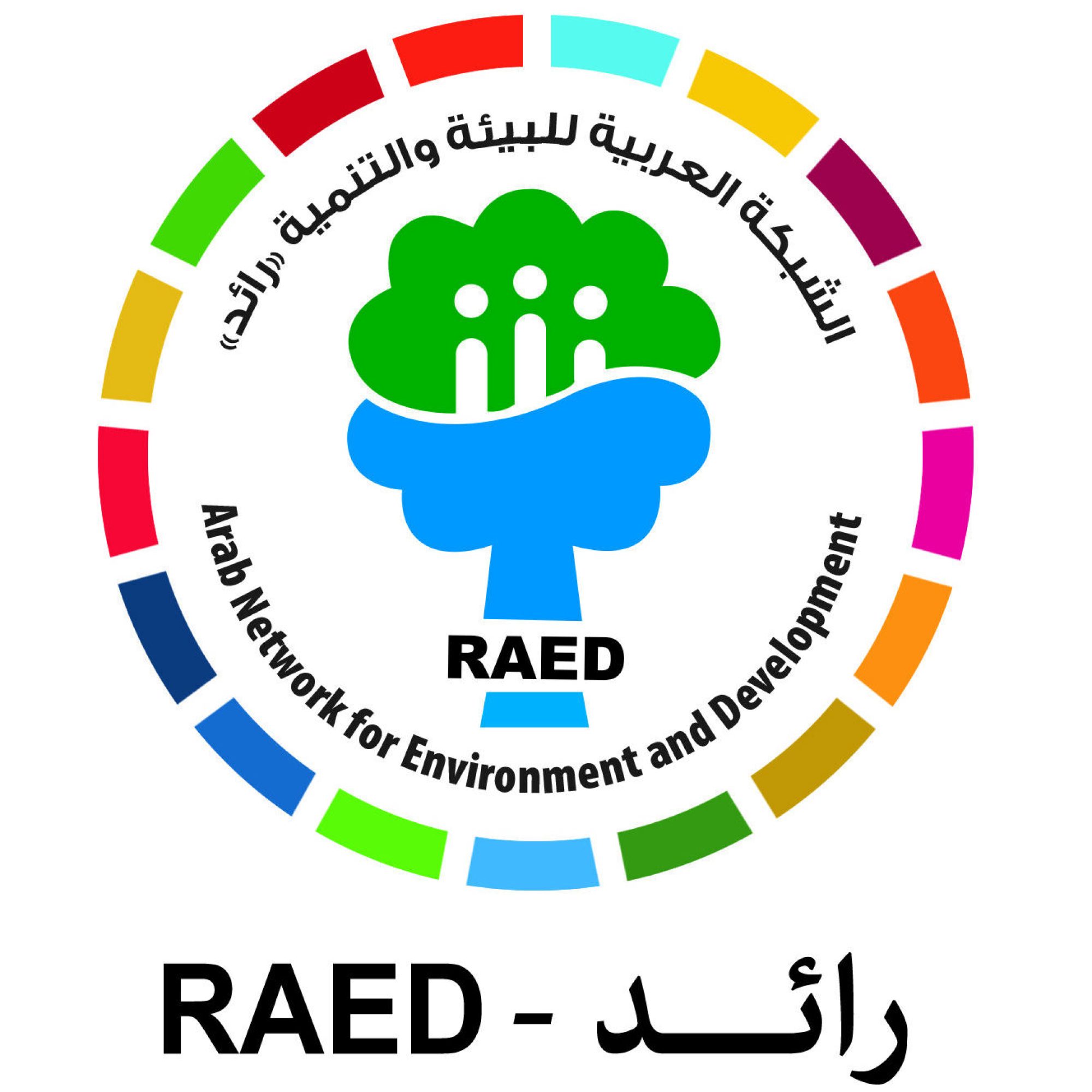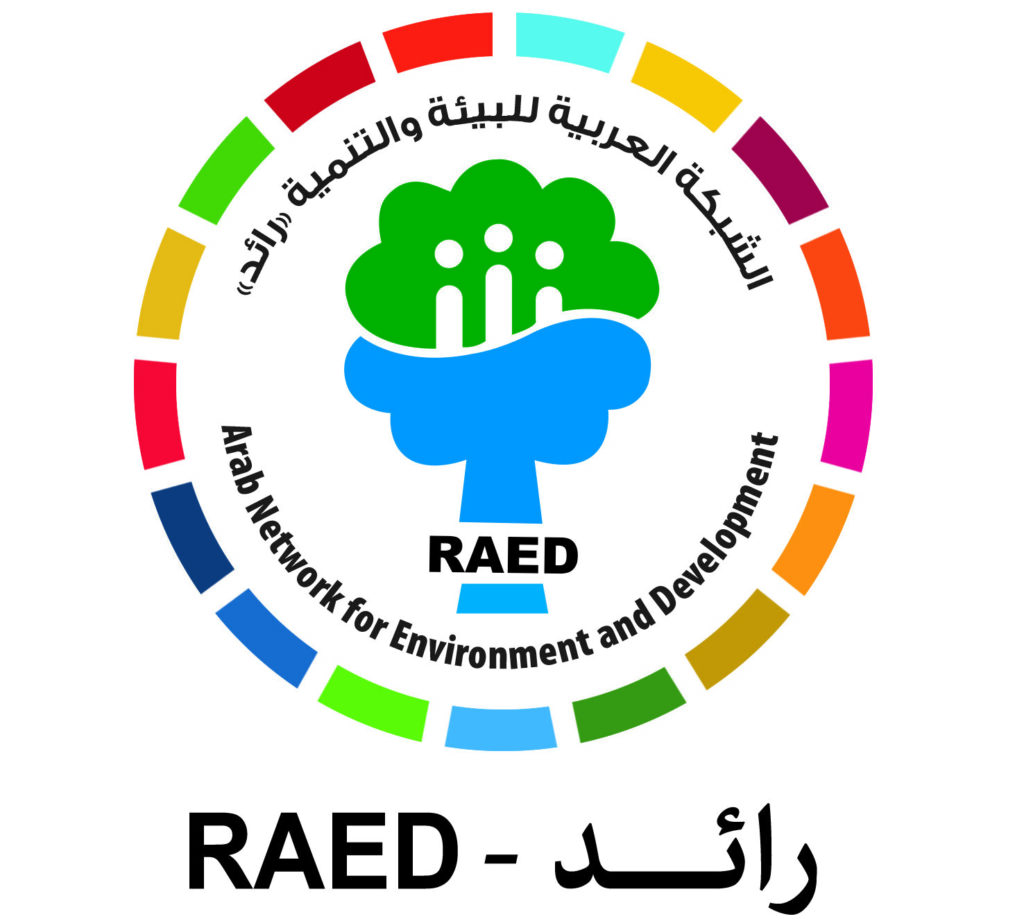A European mechanism to adjust carbon limits.. How does the Egyptian industry benefit?
The Arab Network for Environment and Development “Raed” participated in the workshop organized by the Federation of Egyptian Industries, in cooperation with the European Union delegation to Egypt, on Sunday, February 11, 2024, entitled “The European Mechanism for Adjusting Carbon Limits… The Rationale for Climate Policy,” and its implications for The industrial sector and member companies of the Federation of Egyptian Industries.
A delegation from the European Commission, headed by Thomas Gerasimos, Director General of the European Commission’s Tax and Customs Committee, participated in the workshop, which was held in Cairo. The meeting discussed the challenges facing the relevant industrial sectors, within the framework of the Federation of Egyptian Industries’ follow-up of developments related to the mechanism for adjusting carbon limits in various countries. Industrial sectors.
The workshop aimed to find appropriate solutions and proposals to confront the repercussions of applying the European mechanism to adjust carbon limits on European Union imports of fertilizer and hydrogen products, including Egyptian products in these sectors.
The meeting included raising all inquiries related to the application of mechanisms for adjusting carbon borders, and discussing them with members of the European Commission delegation, and with the relevant government officials from the Egyptian side.
A group of ambassadors from European Union countries participated in the meeting, to discuss the most important proposals and challenges to confront the repercussions of implementing the law, and companies’ inquiries about how to comply with the requirements of the European Mechanism issued.
It is scheduled that a vision of these proposals will be completed within the next few weeks, in preparation for submitting them to the Egyptian government, as the proposed fund, funded by the European Union, supports the industry sector in adhering to strict requirements, especially regarding Egyptian exports, which are subject to the framework of the new European mechanism.
The “Green Deal” initiative, adopted by the European Commission, aims for Europe to become the first climate-neutral continent by 2050, as the European Union maintains its responsibility in combating climate change.
During the workshop, the commitments of the Green Deal were emphasized, under the European Commission’s recommendation to set a goal to reduce net greenhouse gas emissions by 90% by 2040, while increasing mitigation ambitions, including decarbonization goals in the industrial sector in the EU countries.
Workshop participants argued that discussing the risks resulting from so-called “carbon leakage,” which occurs when companies within the European Union move carbon-intensive production to countries with less stringent mitigation policies than those in the European Union, or when EU products are more carbon-intensive with imports, and this would undermine EU efforts to reduce emissions and, ultimately, global efforts to mitigate climate change.
The EU’s Carbon Border Adjustment Mechanism (CBAM) is the historic instrument for setting a fair price on global greenhouse gases emitted during the production of energy-intensive goods, an equivalent price for imported goods and domestic production.

